#強
Explore tagged Tumblr posts
Text

強 . . . #chinesecalligraphy #chinesecalligraphytattoo #calligraphytattoo #calligraphyart #brushcalligraphy #calligraphyhk #calligram #brushtattoo #inkbrush #dailyart #tattooart #tattooartwork #asianinkandart #instattoo #instatattoo #tattooist #hktattooartist #hktattoostudio #tattoohk #hktattoo #hongkongtattoo #書法 #書道 #書道刺青 #書法刺青 #紋身 #香港紋身 #刺青 #한자레터링 #캘리그라피타투
#強#chinesecalligraphy#chinesecalligraphytattoo#calligraphytattoo#calligraphyart#brushcalligraphy#calligraphyhk#calligram#brushtattoo#inkbrush#dailyart#tattooart#tattooartwork#asianinkandart#instattoo#instatattoo#tattooist#hktattooartist#hktattoostudio#tattoohk#hktattoo#hongkongtattoo#書法#書道#書道刺青#書法刺青#紋身#香港紋身#刺青#한자레터링
0 notes
Text
I put way too much effort into this LMAO but, have a translated version of the clip the official KN8 twitter put up.
It didnt seem like they planned on puttin out an english subs ver so I did it myself
#kaiju no. 8#kn8#kafka hibino#soshiro hoshina#anyways i opened after effects for the first time in literal years#and i havent translated proper in also. several years#i am very rusty but HEY I THINK?? ITS CLOSE ENOUGH??#i think? i saw a transcript floatin aroudn butyknow#video. woudl be nice#so i was like yea surely i can do that#turns out i can#but also#AE IS HARD???#also some of this stuff just doesnt translate properly#like?? 勉強させていただきます jus doesnt have the same tone??#frustratin but hey this is th best i got#ignore the lack of apostrophes its the 3rd day in a row workin on this im eeby
2K notes
·
View notes
Text

・ ゚。・゚★。🍂☘️🍊・ ゚。・゚★。🍂☘️🍊・ ゚。・゚★。🍂☘️🍊
#⠀˚‧ ゚ 。゚ ۪ ࣪🎀🥬 ⊹︵︵︵ ⊹ ୨🎀🌈୧ ⊹ ︵︵︵ ⊹ 🎀🥬˚‧ ゚ 。゚#🥞🎀 . ˚ ✦ ✿ . ˚ . ˚ ✿. ˚ 🥞🎀 . ˚✦ . ✿ ˚ 🥞🎀 * ˚ 🥞🎀 ✦ ˚ .#˚ .🧇🎀🌈 (🎀 ๑ ω ๑)ノ⌒*:・゚✧:*:・゚☆🍋🌺青 。・:*:・゚★黄色⭐️🌈絵の具₊˚𓇼 🍮🎀#★ ₊ . ° . ⋆° .🌈🎀🥕(*・ω・)Princess⋆˚✿˖°°🧃๋࣭🍊多彩な☘️🎀#⭐️🎀🍊.。*゚ .*.。( ๑´꒳`๑)。.。: *🍊🎀⭐️#ねこ#あき#きょうふう#強風#cat#kawaii#kawaiicore#jojifuku#nekocore#neko#gif#old web#web graphics#animecore#otakucore#weebcore#aesthetic#webcore#neetcore#2000s#00s#2000s core
1K notes
·
View notes
Text
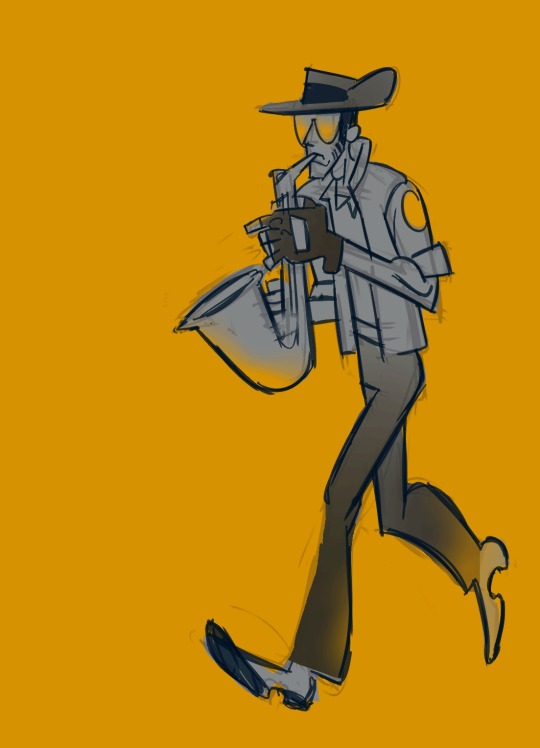
Professional have hobbies
2K notes
·
View notes
Text

✶⋆.˚ · ☆ ·⭐🎀それが最後のKISSだと 今⭐🎀✶⋆.˚ · ☆ ·⭐🎀知った 胸に刺さってる天使のその矢 抜いて⭐🎀(๑˃́ꇴ˂̀๑)くれ僕たちはジェッ⭐🎀トコースターみたいに恋に落ちて✶⋆.˚ · ☆ ·⭐🎀✶⋆.˚ · ☆ ·
#⭐️🎀🌈 🎀 ⊹︵︵︵ ⊹ ୨୧ ⊹ ︵︵︵ ⊹ 🎀⭐️🎀🌈#☘️🎒 ‧₊˚ ⋅⋅˚ ๑‧˚₊˚ ๑‧˚₊꒷︶🎀🌈︶꒷꒦⊹๑‧˚₊🥬🎀🌈.・✫・ !!・:*๑◕‿‿◕๑・:*lala chan🌈⭐🌸 ⋅୧ ‧₊˚ ꒷︶🎀🌈︶꒷#⭐˖ ・ ·̩ 。 ☆ ゚ * 🌸 ˚ ༘♡ ⋆。˚ㅤ ララ月太陽ㅤㅤ꒰ 🍮 ꒱ ⠀⠀⠀⠀イ. ₊ ˚ ׅ ㅤ🥐 。˚ ◟⭐️🎀🌈⭐˖ ・ ·̩ 。 ☆ ゚ *(≧▽≦)⭐️🚎🌈#🥞⭐️🎀·̩ 。 ☆ ゚ * ¸* .Cheki☆Love·̩ 。 ☆ ゚ * ¸* .🥞⭐️🎀#かわいい#kawaii#anime#aesthetic#animecore#otakucore#weebcore#webcore#jojifuku#visual novel#vn#ナースのお勉強 入門編~やさしくわかる基礎看護技術~#NURSE 君だけ・・・恋に落ちて#game cg#kawaiicore#my edit#pinkcore#nursecore#moecore#nostalgiacore
249 notes
·
View notes
Text

325 notes
·
View notes
Text

Spring at Aotake
#kakehai#kazetsuyo#kaze ga tsuyoku fuiteiru#風が強く吹いている#灰走#走灰#run with the wind#rwtw#rwtw anime#run with the wind fanart
667 notes
·
View notes
Text
部屋探し|Apartment Hunting

Let me share with you my current struggles on finding a place to stay in Japan with this long vocabulary list!
住宅(じゅうたく)housing, residential building
住宅街(じゅうたくがい)residential area
最寄り駅(もよりえき)nearest train station
共同住宅(きょうどうじゅうたく)residential complex, apartment house
不動産屋(ふどうさんや)real estate agent
物件(ぶっけん)object, property (real estate)
ネット上(じょう)on the internet
掲載する(けいさい)post, insert (advertisement)
家賃(やちん)rent
共益費(きょうえきひ)common fee, utility fee
加算する(かさん)add
月額(げつがく)monthly amount
初期費用(しょきひよう)initial costs
入居する(にゅうきょ)move into
翌月(よくげつ)next month
翌月分(よくげつぶん)next month's rent
礼金(れいきん)key money (fee paid for rental rights)
敷金(しききん)deposit
保証金(ほしょうきん)deposit
清掃費(せいそうひ)cleaning fee
火災保険料(かさいほけんりょう)fire insurance fee
内見(ないけん)viewing
賃貸(ちんたい)lease, rent
賃貸借契約(ちんたいしゃけいやく)rental contract
借り主(かりぬし)debtor, tenant
貸主(かしぬし)lender, landlord
大家さん(おおや)landlord
一時に(いちどき)at once
滞納(たいのう)falling behind (with a payment)
Moving into a Japanese property comes with high initial costs which can be broken down into numerous different fees. Unfortunately, share houses are not necessarily fully excluded from this, but it really depends on the company. I'm glad that I could take some time to work and save up money before going to Japan. The first month will be very expensive.
#語彙リスト#japanese langblr#langblr#studyblr#japanese studyblr#learning japanese#japanese vocabulary#japan#japanese#study blog#japanese language#japanese studyspo#study motivation#studyspo#study notes#vocabulary#vocabulary list#jlpt n1#nihongo#日本語#日本語の勉強#life in japan
277 notes
·
View notes
Text


Hiroshima University Arabic Study Group A friend from Egypt sent me these insanely cute photos.
エジプトの友人が送ってくれた写真がめちゃくちゃかわいい
In the story "Cat Army," a clever cat goes to the market to buy milk at the request of his owner, a girl, and returns home with all the cats he met, but when the girl sees him, she exclaims, "There's not enough milk! and she takes the cats on a boat and goes looking for an ocean of milk.
「猫軍団」というお話で、賢い猫が飼い主の女の子に頼まれて市場にミルクを買いに行った帰り、出会った猫たちを全員引き連れて家に戻ったら、それを見た女の子が「ミルクが全然足りない!」と叫んで、猫たちを連れて船に乗り、ミルクの海を探しに行くというお話。
331 notes
·
View notes
Text

67 notes
·
View notes
Text



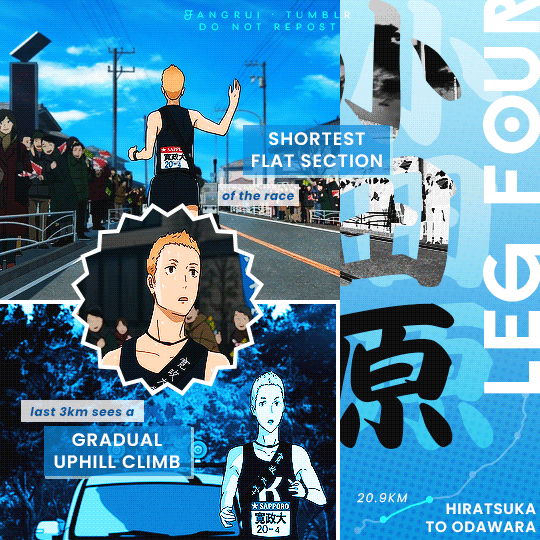

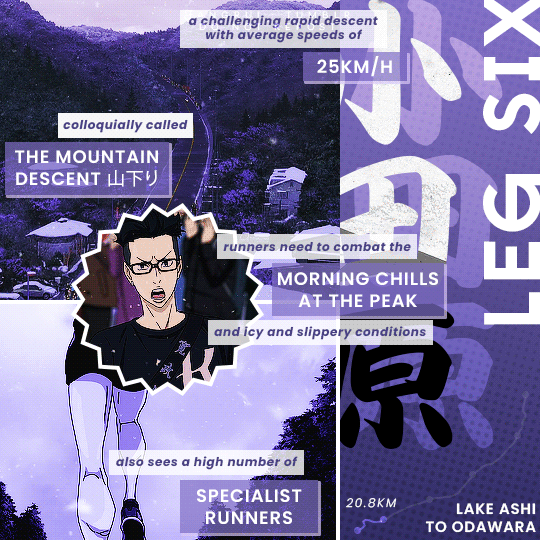
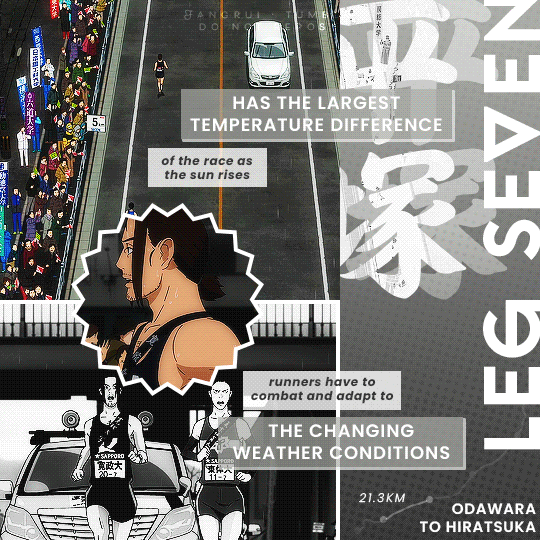

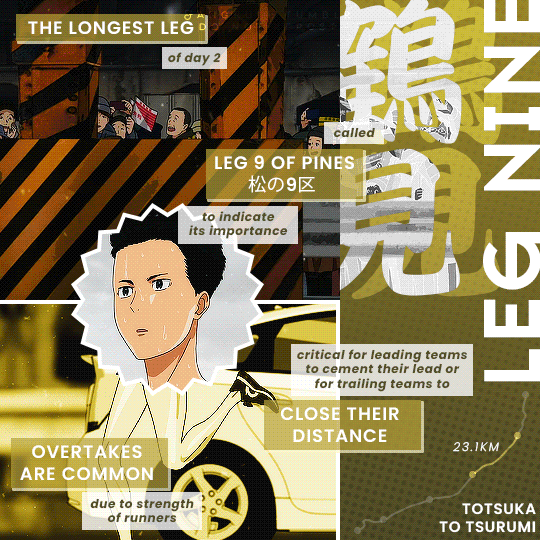
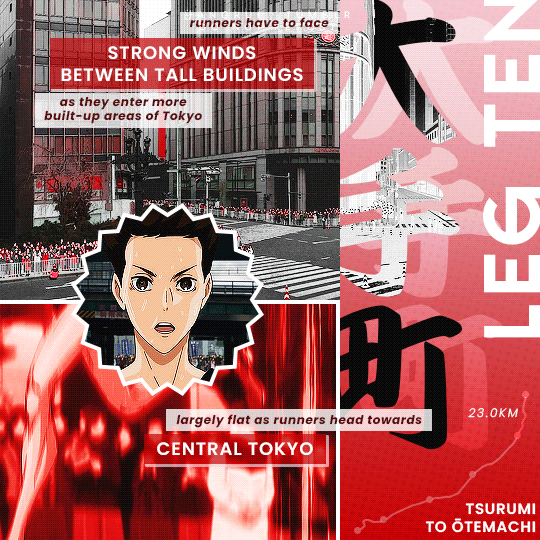
THE HAKONE EKIDEN 箱根駅伝 [insp]
#kazetsuyo#run with the wind#kaze ga tsuyoko fuiteiru#風が強く吹いている#userdramas#usergif#fysportsanime#animangaboys#anisource#fyanimegifs#dailyanime#animeedit#*gfx#kazetsuyoedit#userroh#usermoh#kanamesengoku#usergojoana#userkyaa#usernikiforova#userjenny
442 notes
·
View notes
Text


2025/01/31
i’ve been doing some exercises to clean up my handwriting and i got an ereader, which i’ve been loving so far
#lupusmaxima#dark academia#bookblr#chaotic academia#brown#coffee#beige#literature#studyblr#classical literature#kindle#kibo#ereader#books#handwriting#calligraphy#journal#bujo#bullet journal#manga#chi’s sweet home#日本語の勉強
62 notes
·
View notes
Text

Notice that the stiffest tree is most easily cracked, while the bamboo or willow survives by bending with the wind.
竹や柳は風で曲がって生き残るが、最も堅い木は最も簡単に割れるということに気付きなさい。
Bruce Lee ブルース・リー
59 notes
·
View notes
Text
Keeping up with my goals!


I'm struggling a lot with the reading section and I really don't know how to fix my reading skills. Everyone suggests to read more but it's so hard to focus and keep reading when you don't understand things and get demotivated. If anyone has any tips for me I would really appreciate it!
Hope you guys are doing great!
#japanese#japanese language#jlpt#japanese books#jlpt n2#languages#studyblr#studying#language learning#study with me#日本語の勉強#にほんご#日本語
137 notes
·
View notes
Text

「Megami Magazine - March 2025」
Izure Saikyou no Renkinjutsushi? (Possibly the Greatest Alchemist of All Time)
#izure saikyou no renkinjutsushi?#possibly the greatest alchemist of all time#いずれ最強の錬金術師?#sofia sylphide#elf#big#megami magazine#official art#mypost#mypost:izure saikyou no renkinjutsushi
141 notes
·
View notes